From the 9th to 10th of April, the H2020-funded LETHE consortium gathered for their fifth annual General Assembly meeting in Helsinki, Finland hosted by the Finnish Institute for Health and Welfare.
The focus was on updating stakeholders on the project’s progress in developing a personalised model for early detection and mitigation of dementia risk factors, leveraging Artificial Intelligence and distributed Machine Learning. The Consortium Meeting started with an update from the project coordinator Sten Hank from FHJ, then followed with presentations by Vasileios Loukas from Foundation for Research and Technology – Hellas (FORTH) and Helena Untersteiner from the Medical University of Vienna delved into the logistics and timing of project sub studies, including the use of smart glasses and Temi robots to enhance user engagement with the LETHE app. Elisabeth Stögmann and her team from the Medical University of Vienna further discussed open tasks related to clinical sites involved in the LETHE study.
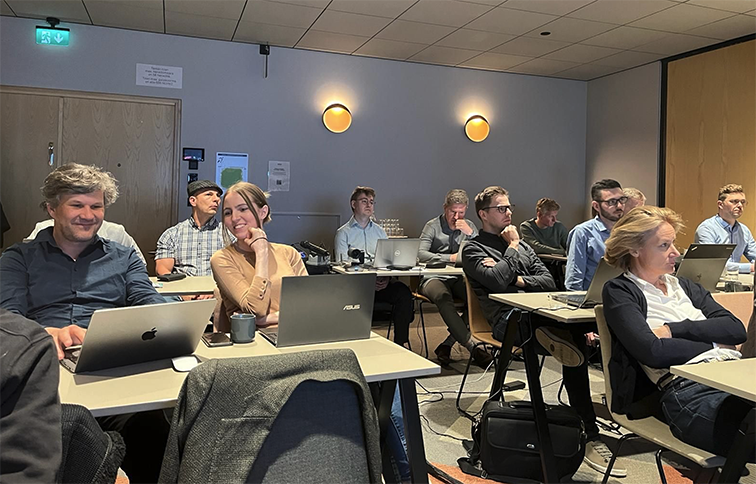
The afternoon sessions commenced with Mattia Pirani from i2Grow introducing the applications of smart glasses slated for use in project sub studies. This provided clinical site partners with an interactive opportunity to test and familiarise themselves with the technology. Subsequently, discussions centred on the technical setup, with Hannes Hilberger (FH Joanneum) detailing the data flow and processing procedures, and Ignacio Lamata Martinez (EGI Foundation) outlining current resources earmarked for data processing. Communication and dissemination efforts were then shared, with Jon Switters from the Lisbon Council presenting an overview of current Key Performance Indicators, and Chris Bintener from Alzheimer Europe updating the consortium on communication strategies directed towards the Alzheimer’s community, including participation at the Alzheimer Europe conference.
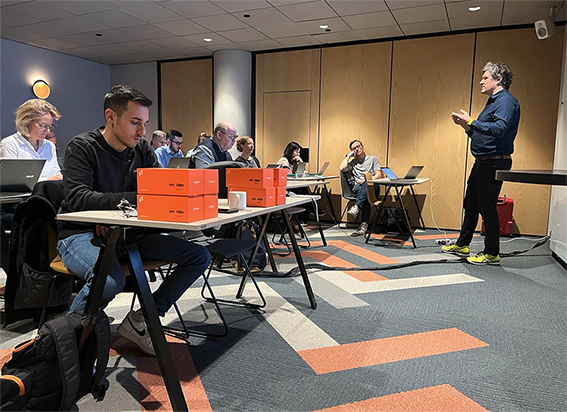
On the second day of the meeting, Markus Bödenler from FH Joanneum and Thomas Kassiotis from Foundation for Research and Technology – Hellas led discussions on Artificial Intelligence and data analytics plans. Following that, Matteo Colombo from i2Grow and Sten Hanke from FH Joanneum steered the conversation towards exploitation and data ownership. Lelia Ataliani from Infotrend Innovations provided an update on the Data Management Plan, emphasising its role in ensuring data accessibility and reusability. Nico Kaartinen from Kaasa Solution GmbH then presented the robot setup for LETHE substudies. Finally, Ana Diaz from Alzheimer Europe outlined plans for public involvement activities to ensure the project’s meaningful impact on end users. The meeting concluded with a review of publication plans, with numerous scientific papers in the pipeline.
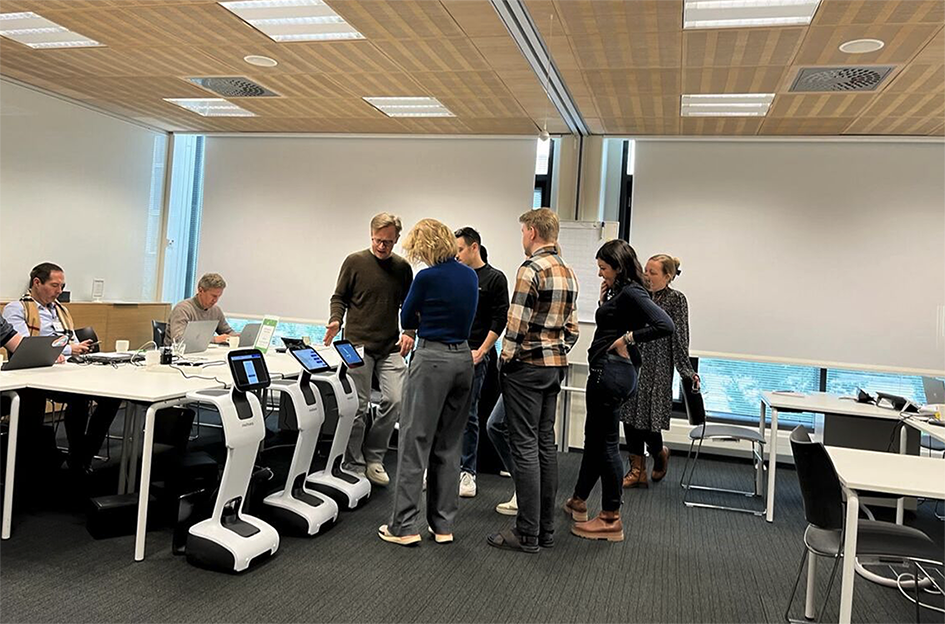
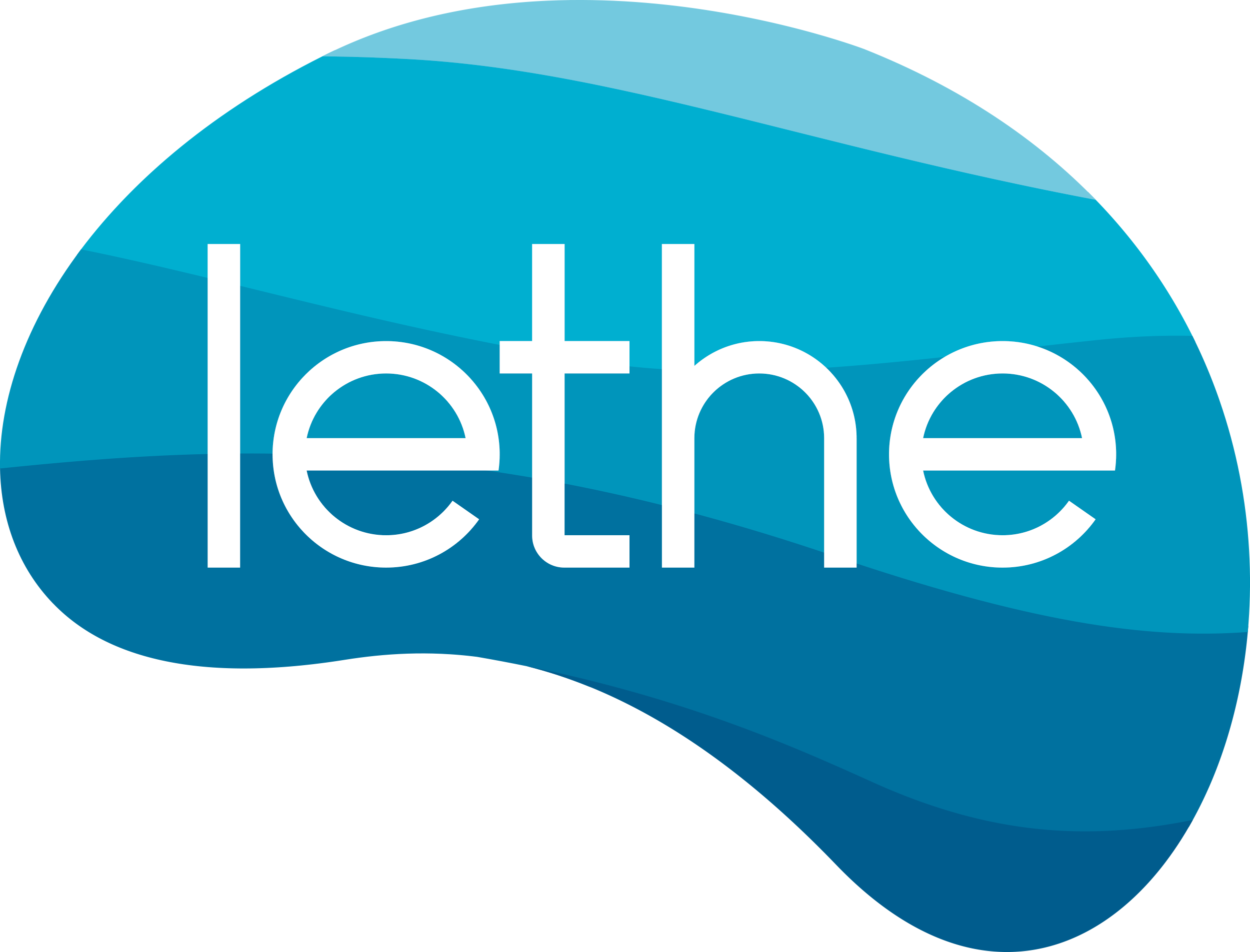
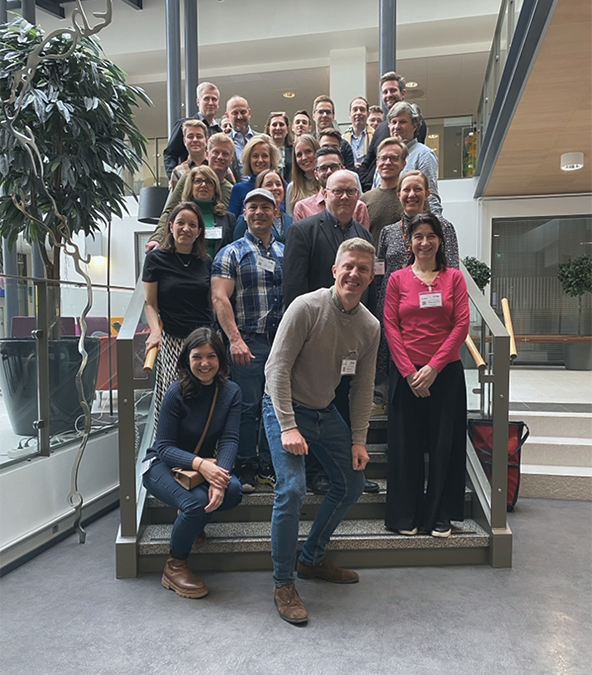
Recent Comments